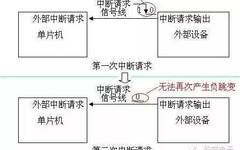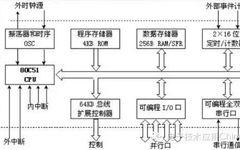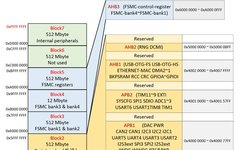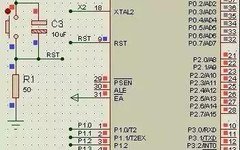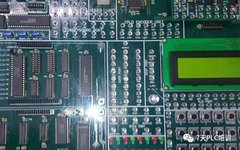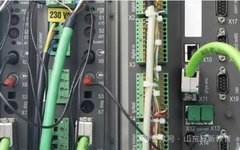Understanding Interrupts in Microcontrollers
The microcontroller’s CPU, while processing an event A, receives a request to quickly handle another event B (interrupt occurs); the CPU temporarily interrupts its current work to process event B (interrupt response and interrupt service); upon completing event B, the CPU returns to the original point of event A that was interrupted to continue processing … Read more
